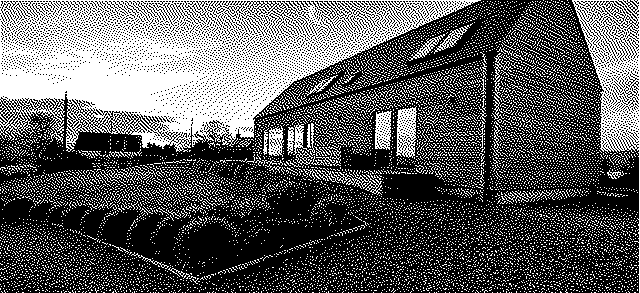Weeknote 44/2020

I’m writing part of this from my bed, at home in Northumberland, and part from an Airbnb just over the border in Scotland. Thankfully, the North East has so far been spared the Tier 3 lockdown which would have rendered this trip illegal. Small mercies during a pandemic.
This week has been odd as I’ve worked ~15 hours over four days, which is around half of what I would usually work over five. Our children are on half-term holiday, so I’ve been kind of around and kind of not. It’s not ideal, but I had things to finish off and keep ticking over, so needs must.
Other members of our co-op are away. I’m particularly jealous of Laura sailing around the Mediterranean and going scuba diving. Bryan‘s stay at a friend’s house with a swimming pool sounds great, too. But I should grateful that we live in such a lovely part of the world and that, even pre-pandemic, our house was set up for me to work from home contentedly.
I’ve done a lot of reading this week. Some of this has led to blog posts (more on that later) but most has been for the sake of pleasure and curiosity. I used to track my reading habits, but it sucked all of the joy out of it for me; metrics have a way of bringing out the worst sort of self-competitiveness in me.
In terms of books, I finished re-reading Jostein Gaarder’s The Solitaire Mystery and Dan Jackson’s The Northumbrians: North-East England and its People. I also am a good way through Other Minds: The Octopus, the Sea, and the Deep Origins of Consciousness by Peter Godfrey-Smith. The latter two I bought for my parents as gifts and borrowed back from them.
The amount of time I had available to read this week was increased due to me working less, but also because I uninstalled The Guardian app on my phone. It’s something I pay for, and value, but found that I was returning to it and refreshing almost as if it were social media. There’s a limit to how well-informed I need to be about things that might happen. Not all information is ‘news’.
In terms of the work I did do this week, it was divided into three main areas:
- Wrapping up the Catalyst Discovery project that ended for participants last week. I completed some of the reporting requirements, met with the Catalyst comms team to give them feedback, and drafted a post for the We Are Open blog.
- Continuing to help Outlandish with some work around productisation, mainly with their ‘Building OUT’ programme which you can read a little bit about in their new playbook.
- Thinking about what’s coming next for We Are Open Co-op and me personally. There’s a few projects that we need to decide whether we have capacity for, and some that I may decide to do individually.
I’ll be back to working on Greenpeace stuff next week when Laura is back.
If I could wave a magic wand and instantly reorganise my working year, I would divide the types of work I do into broadly two phases. Right now, I’d be into my book-writing phase, which would last from the end of September to the end of March. During this time, I’d limit all distractions and write and write and write, satisfying my inner introvert.
The other phase would be my information-gathering phase, which would last from the beginning of April until mid-September. During this time, I’d be out and about as much as possible, working with clients, speaking at events, and keeping my finger on the pulse of everything going on.
Perhaps that’s overly simplistic, and maybe that wouldn’t be as enjoyable a life as that which I have right now. What I do know is that I want and need to spend more time doing ‘deeper’ writing than I’m doing now, and life and work is getting in the way of that.
In terms of the things I’ve written this week, here I published:
Over at Thought Shrapnel I published:
- Everything intercepts us from ourselves
- Collaboration is our default operating system
- Why we can’t have nice things
- If you have been put in your place long enough, you begin to act like the place
- Hiring is broken, but not in the ways you assume
Next week, I’m looking forward to planning my work up until Christmas (and beyond) and ensuring my life is achieving the kind of balance which means that I avoid migraines. I had one this week, and it wiped me out for the entirety of Wednesday afternoon, which was not fun.
